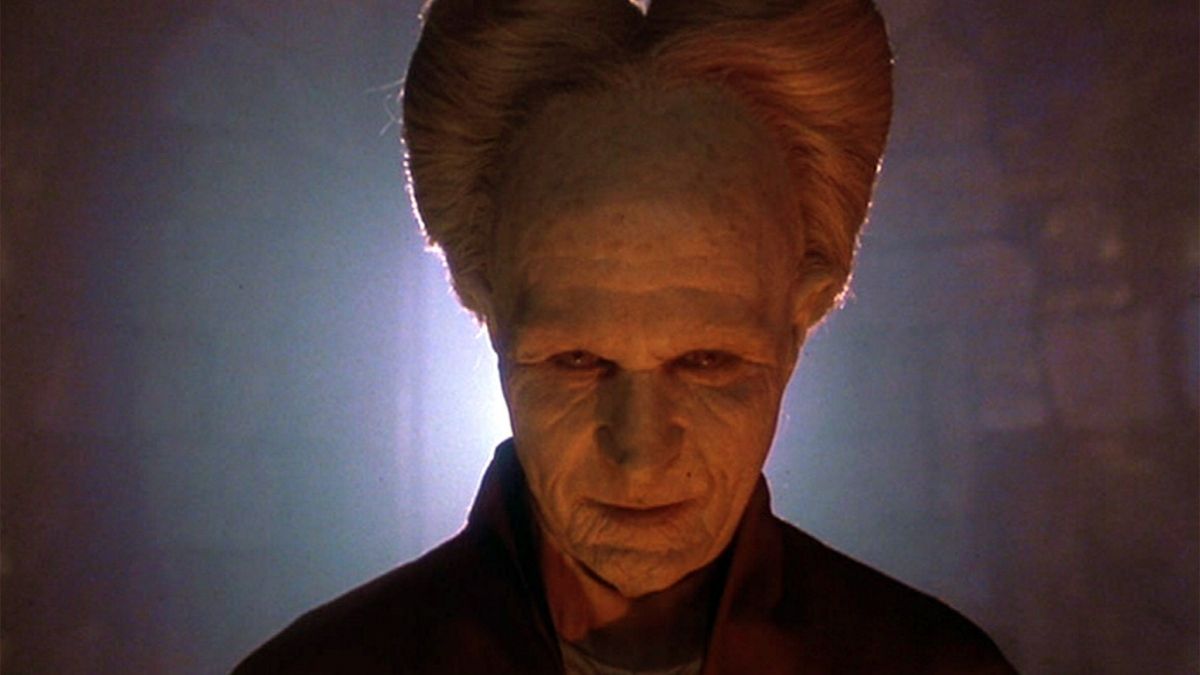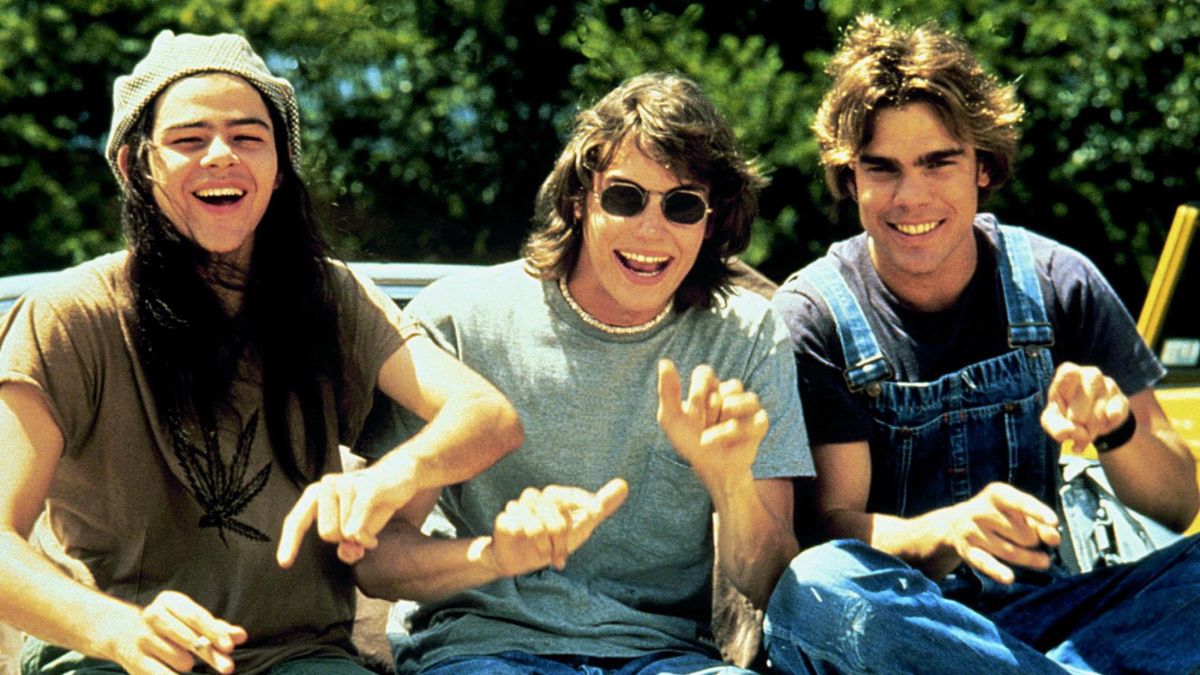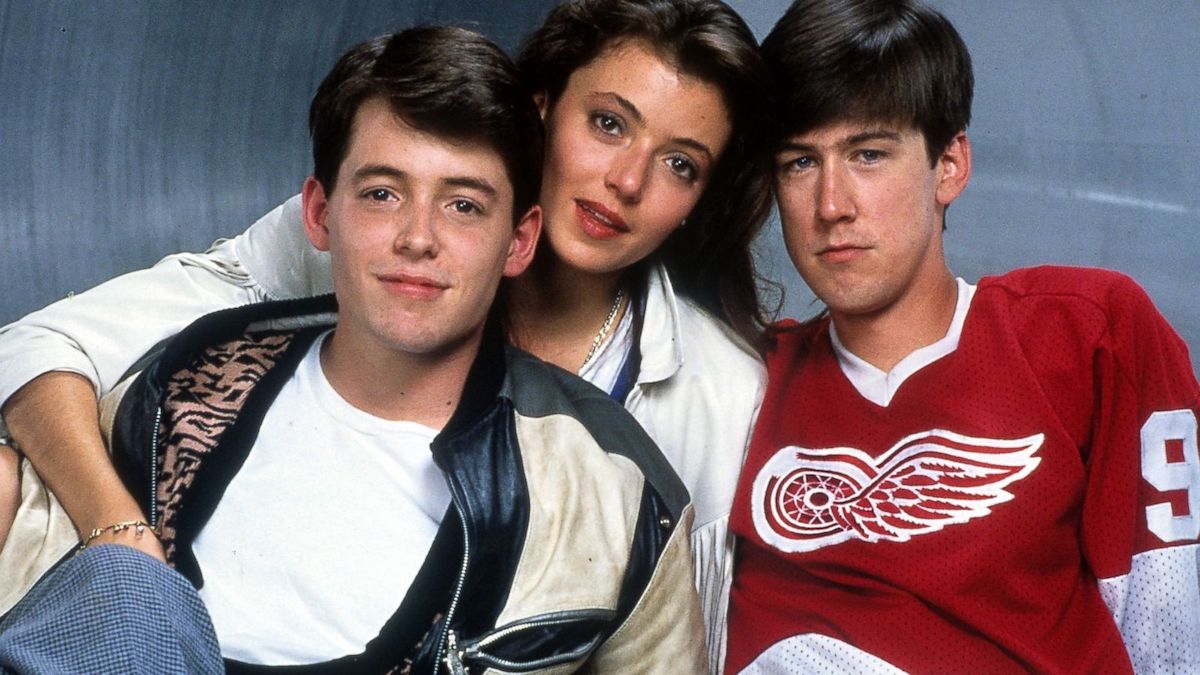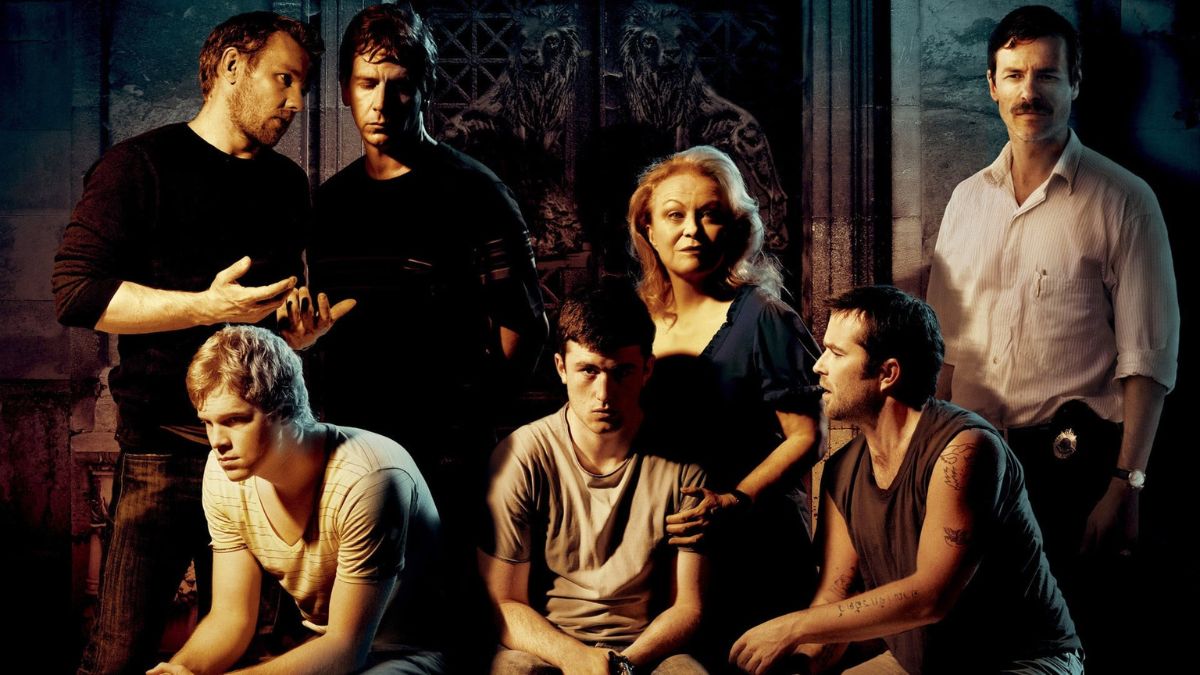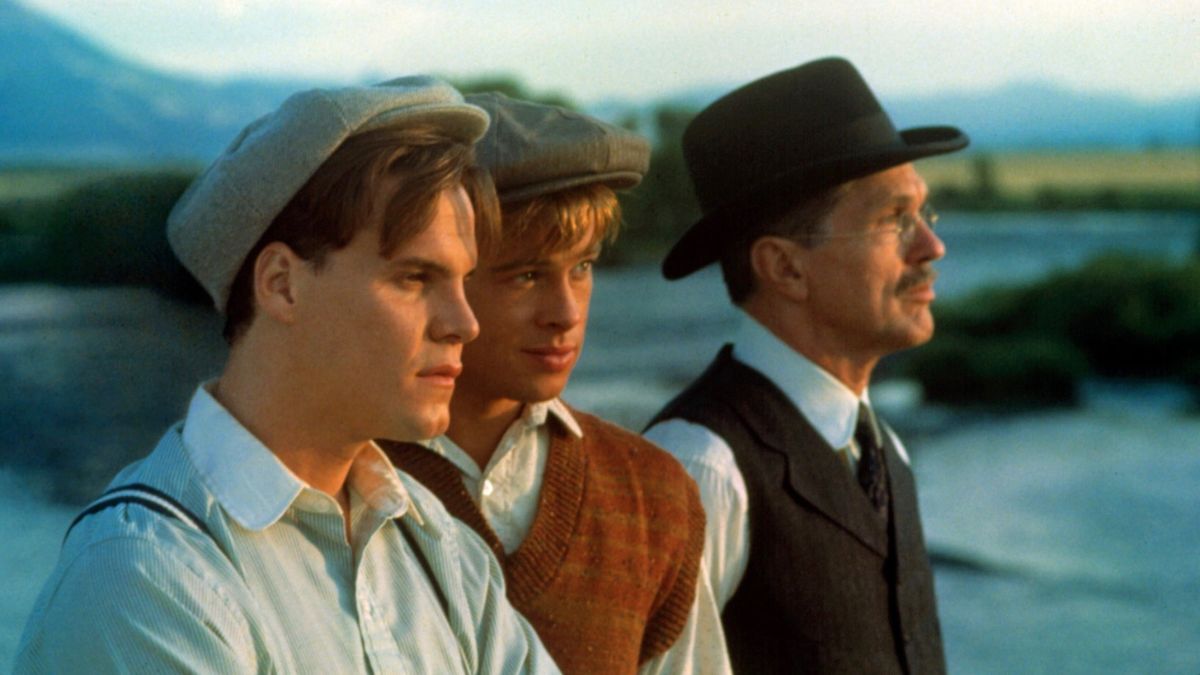
A River Runs Through It Monologues
Two sons of a stern minister - one reserved, one rebellious - grow up in rural 1920s Montana while devoted to fly fishing.
Older Norman Maclean Monologues
Long ago, when I was a young man, my father said to me, "Norman, you like to write stories." And I said "Yes, I do." Then he said, "Someday, when you're ready you might tell our family story. Only then will you understand what happened and why."
Dear Jesse, as the moon lingers a moment over the bitterroots, before its descent into the invisible, my mind is filled with song. I find I am humming softly; not to the music, but something else; some place else; a place remembered; a field of grass where no one seemed to have been; except a deer; and the memory is strengthened by the feeling of you, dancing in my awkward arms.
As time passed, my father struggled for more to hold on to, asking me again and again: had I told him everything. And finally I said to him, "maybe all I know about Paul is that he was a fine fisherman." "You know more than that," my father said, "he was beautiful." And that was the last time we spoke of my brother's death.
My father was very sure about certain matters pertaining to the universe. To him, all good things - trout as well as eternal salvation - came by grace; and grace comes by art; and art does not come easy.
The Burns family run a general store in a one store town and still managed to do badly. They were Methodists, a denomination my father referred to as Baptists who could read.
In our family, there was no clear line between religion and fly fishing.
That was the only time we fought. Perhaps we wondered after which one of us was tougher. But if boyhood questions aren't answered before a certain point, they can't be raised again. So we returned to being gracious to one another, as the church well suggested.
And I knew just as surely, just as clearly, that life is not a work of art, and that the moment could not last.
My father looked at me for a long time, just looked at me and this was the last he and I ever said to me about Paul's death. Indirectly though, he was present in many of our conversations. Once for instance, my father asked me a series of questions that suddenly make me wonder if I understood even my father, whom I felt closer to than any man I have ever known. "You like to tell true stories?" he asked and I answered, "Yes, I like to tell stories that are true." Then he asked, "After you have finished your true stories sometime, why don't you make up a story and the people to go with it? Only then will you understand what happened and why. It is those we live with and love and should know who elude us."
She still wore the divided skirts of a horsewoman, although they must been a hardship in her new profession.
Like many fly fishermen in western Montana where the summer days are almost Arctic in length, I often do not start fishing until the cool of the evening. Then in the Arctic half-light of the canyon, all existence fades to a being with my soul and memories and the sounds of the Big Blackfoot River and a four-count rhythm and the hope that a fish will rise. Eventually, all things merge into one, and a river runs through it. The river was cut by the world's great flood and runs over rocks from the basement of time. On some of those rocks are timeless raindrops. Under the rocks are the words, and some of the words are theirs. I am haunted by waters.
